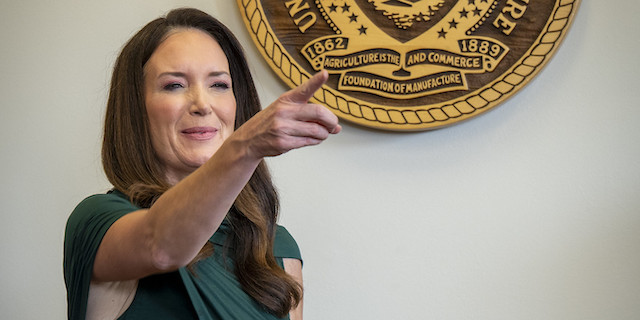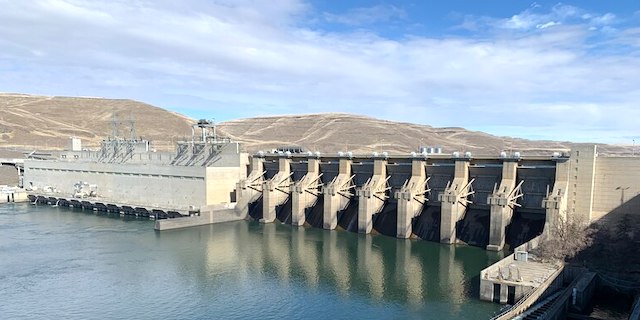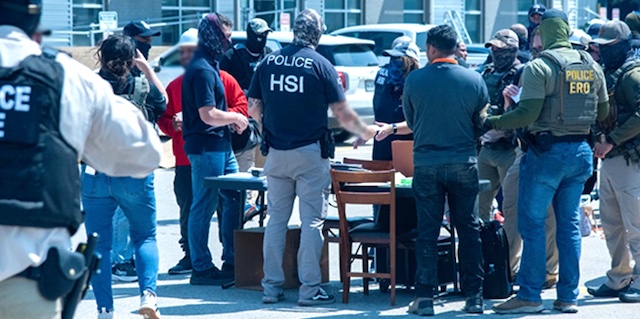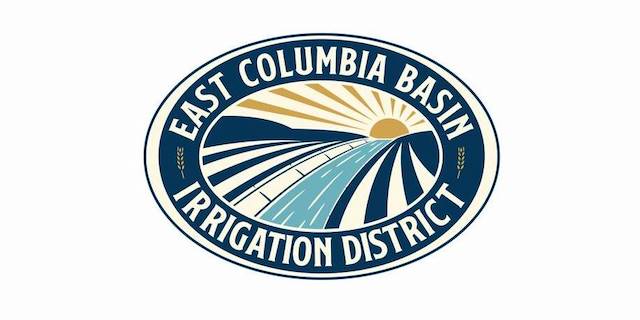Washington bill treads familiar path to buffers
Published 8:45 am Friday, February 25, 2022
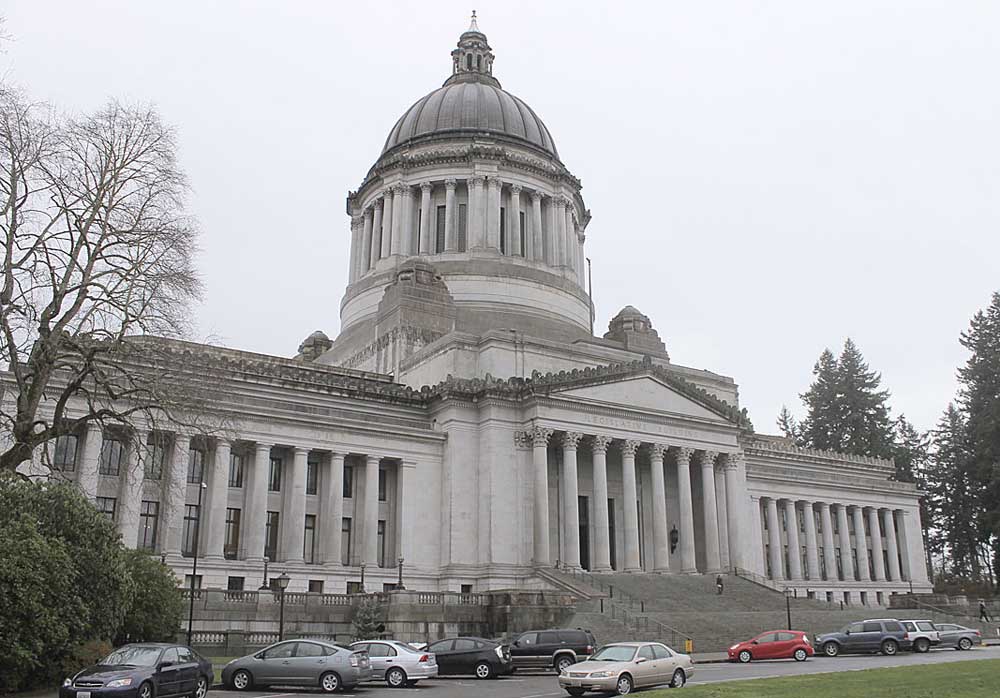
- Washington State Capitol
OLYMPIA — A Senate Democrat warned Thursday that a salmon recovery bill moving through the Legislature would repeat Gov. Jay Inslee’s mistake of not consulting with farmers before proposing riparian buffers.
House Bill 1117 calls for Inslee and tribes to develop riparian buffer standards for Western Washington cities and counties. Sen. Jesse Salomon, D-Shoreline, said the same process was fatal to Inslee’s push to force buffers on farmland.
“The death of the governor’s riparian bill was preceded, in part, by an unwillingness to widely stakeholder the bill,” Salomon told colleagues on the Senate Housing and Local Government Committee.
“It was solely a government-to-government work, with the tribes, to create the bill and left out ag and other interests,” said Salomon, a staunch salmon advocate. “I think that doomed the bill from the start.”
HB 1117 would add salmon recovery to local government planning goals. Publicly funded projects, including those removed from salmon-bearing waterways, would have to contribute to “net ecological gain.”
The Department of Fish and Wildlife would determine what’s meant by “net ecological gain.” The Senate local government committee revised the bill, leaving minimum buffer widths up to talks between Inslee and tribes.
To keep HB 1117 alive, Salomon voted with the committee’s other Democrats to refer the bill to the Senate Ways and Means Committee. Republicans argued that instead of hoping for improvements, the bill should be killed on the spot.
Government-to-government talks between Inslee and tribes resulted in a mandatory buffer bill that the governor made the centerpiece of his salmon recovery plan for this session. The bill failed to move.
“I don’t know why we would want to put that process in statute,” Salomon said. “I think that’s highly inadvisable and will draw a lot of fire to the bill.”
Inslee spokesman Mike Faulk said in an email Friday that the state honored the tribes’ request to have government-to-government discussions about improving riparian habitat essential for salmon recovery.
“We believe a robust stakeholder engagement process is the next step in evaluating what policies are needed to achieve healthy riparian areas and to ensure salmon recovery,” he said. “We look forward to continuing the dialogue over the interim.”
Farm groups opposed Inslee’s buffer bill, complaining their members weren’t consulted about a plan that would take away their land.
Washington Farm Bureau director of government relations Tom Davis agreed with Salomon that HB 1117 takes the same path. “We think that was an exceptional insight and we appreciate it,” he said.
The House passed the bill in January. It originally applied statewide, but was narrowed by the Senate local government committee to cover just cities and counties west of the Cascades.
The Senate committee also exempted from the bill publicly funded Voluntary Stewardship Projects on farmland.
Neither change moved the Farm Bureau to drop its opposition to the bill.
“We’ve got a lot of farms and good farmland on the westside that will be affected by it,” Davis said.
The Farm Bureau also remains concerned the bill would apply to other publicly funded conservation projects on farms, he said.
Fish and Wildlife acknowledges the bill would increase the cost of public works projects but is necessary to recover salmon.



